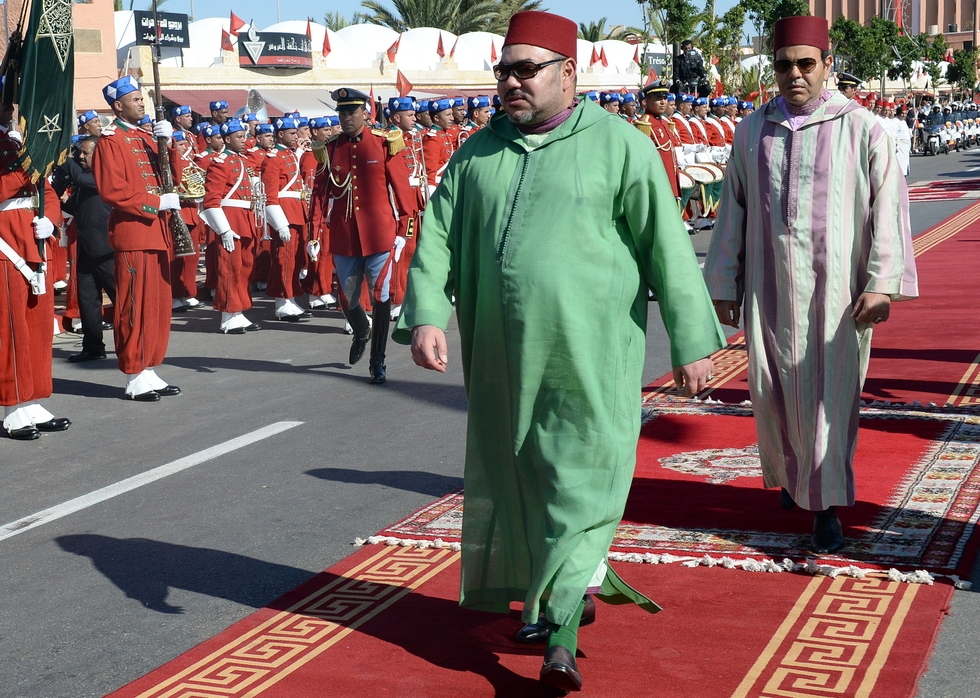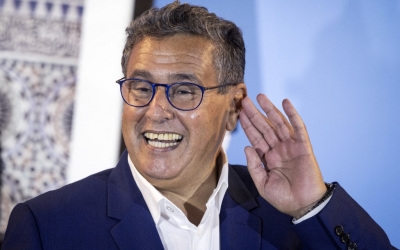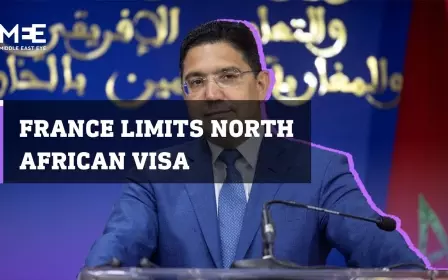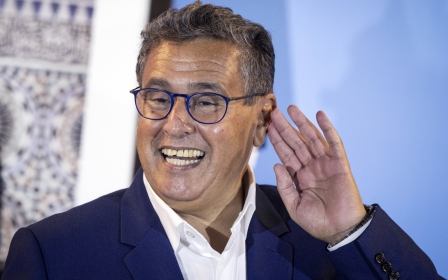Morocco's king unveils new government

Morocco’s King Mohammed VI on Thursday named a new government led by Aziz Akhannouch, a billionaire tycoon close to the palace who is expected to face pressing economic problems in the North African country exacerbated by the Covid-19 pandemic.
The 24-member cabinet, formed after Akhannouch's National Rally of Independents (RNI) trounced incumbent Islamists in elections last month, includes seven women, up from four in the previous administration.
The government is largely made up of technocrats. Veteran diplomat Nasser Bourita kept his role as foreign minister at a time of mounting foreign policy challenges for the country.
Algeria announced in August that it was officially severing ties with Morocco, citing Rabat’s normalisation deal with Israel and tensions over the Western Sahara region.
Morocco claims full sovereignty over the territory, while Algeria backs the Polisario Front's demands for a referendum on self-determination under the auspices of the United Nations.
The kingdom is also entangled in a scandal over accusations that it used Israeli software to spy on world leaders, including French President Emmanuel Macron.
According to the country's official MAP news agency, the monarch "led a ceremony... at the royal palace in Fez, appointing the members of the new government”.
The list of new ministers also includes members of the liberal RNI and the election runner-up, the Authenticity and Modernity Party (PAM), both considered close to the palace. The centre-right Istiqlal, Morocco’s oldest party which fought colonial rule in the 1950s, also obtained seats in the new cabinet.
Palace favourite takes helm
The RNI won 102 of parliament's 395 seats in the 8 September polls, sweeping away the moderate Islamist Justice and Development Party (PJD) that had headed Morocco’s governing coalition for the last decade but took just 13 seats.
Businessman Akhannouch - worth $2bn according to Forbes - has led the RNI since 2016.
His party is considered close to the palace and has been part of all coalition governments for the past 23 years, except during a brief period between 2012 and 2013.
Following his win, Akhannouch pledged to improve conditions for Moroccans who have seen social inequalities exacerbated by the pandemic.
The North African kingdom's 2011 constitution, introduced after mass protests inspired by the Arab Spring, transferred more powers from the monarchy to the government and parliament.
But the king retains the final say on strategic issues and major projects. The new administration must be submitted for approval by the king, who reserves veto rights.
The palace also sets the economic agenda for the country of 37 million people and has commissioned a new development model that the new government will be asked to implement.
Having swept to power in the wake of the 2011 uprisings around the Middle East and North Africa, the PJD had hoped to secure a third term leading a ruling coalition.
But its conservative base was angered over the recent normalisation deal with Israel, as well as moves to legalise medical cannabis.
Following its defeat, the party announced that it would switch to its "natural" position as the opposition and did not take part in coalition negotiations.
Middle East Eye propose une couverture et une analyse indépendantes et incomparables du Moyen-Orient, de l’Afrique du Nord et d’autres régions du monde. Pour en savoir plus sur la reprise de ce contenu et les frais qui s’appliquent, veuillez remplir ce formulaire [en anglais]. Pour en savoir plus sur MEE, cliquez ici [en anglais].






